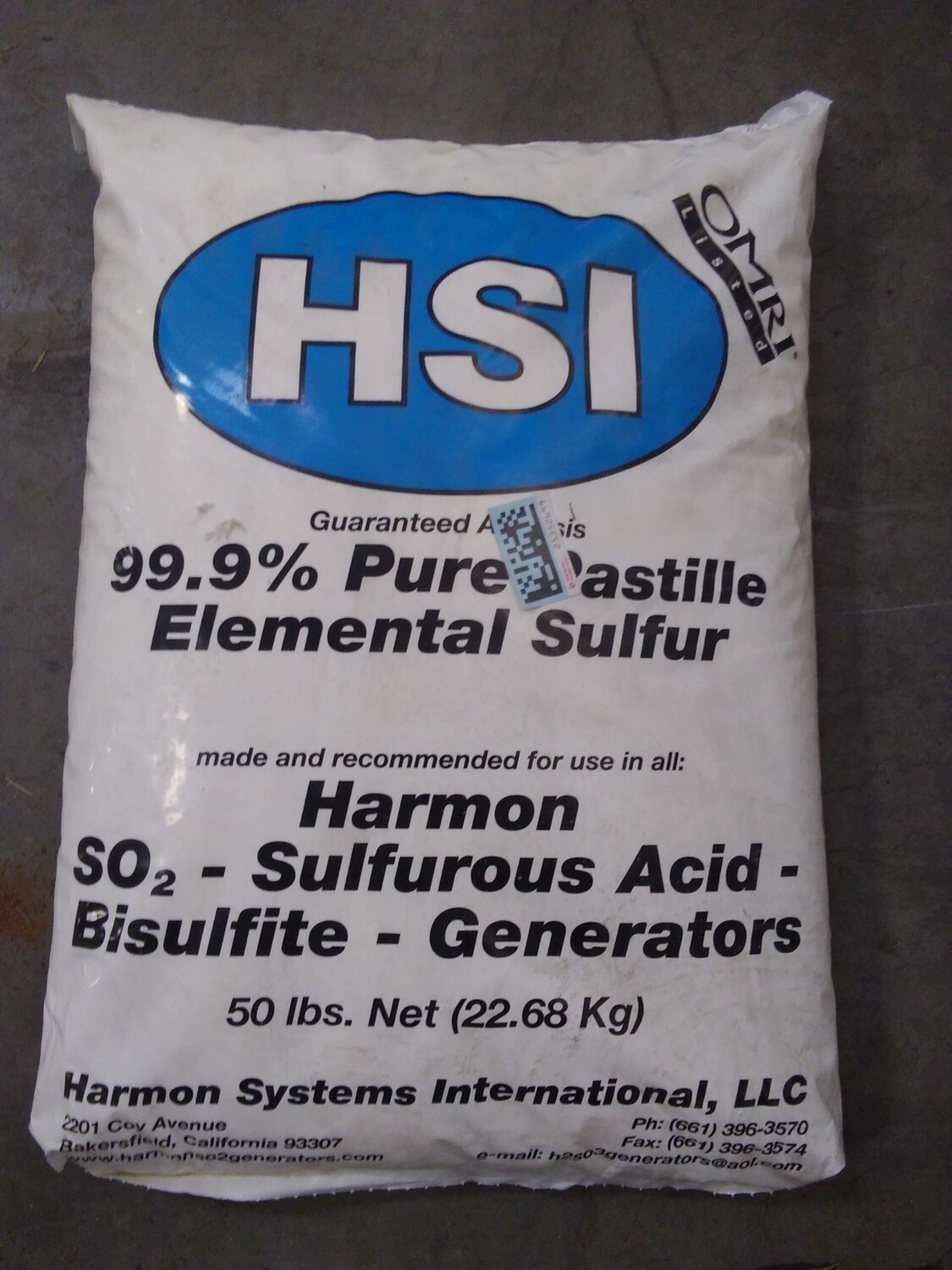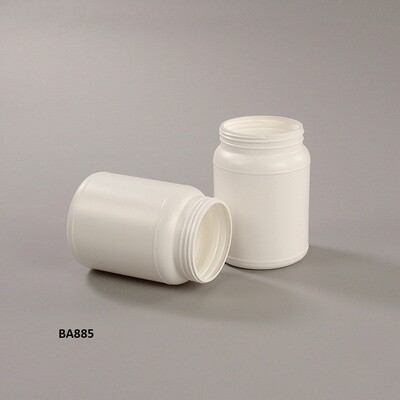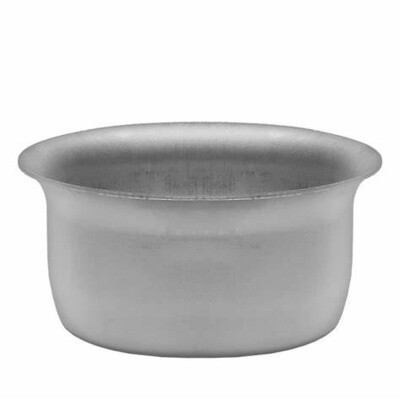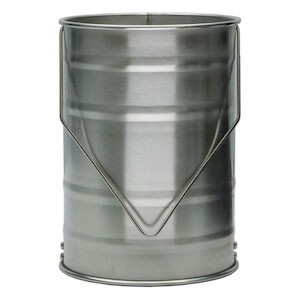Burning Sulfur bulk per pound
Burning Sulfur bulk per pound
Sulfur is a natural pesticide that has been used for generations to interrupt the growth, development, and life cycle of many kinds of pests. It doesn’t work in all situations, but for some garden dilemmas, sulfur might be the solution you are looking for.
It might be hard for you to believe that something as simple as sulfur can make such a huge difference when it comes to the health of your plants. However, when you’re looking for an inexpensive pesticide, sulfur could very well be the solution you have been looking for.
Sulfur is an element, one of the few that can be found in a pure form in nature without having to be combined with other elements. It is a naturally occurring pesticide that is included as an ingredient in several hundred different insecticide products. Of course, it can also be used by itself.
While the smell of sulfur is unpleasant, generally associated with rotten eggs, it offers more to gardeners than what meets the eye.
Not only can sulfur help keep bugs away from your plants, but it can also be used as a fungicide.
In addition to using sulfur as a foliar spray, it can also be vaporized or burned. This is the most common way it’s used to control bugs or fungi.
You can use sulfur on just about any kind of plant, including a variety of ornamentals, vegetables, fruits, shrubs, flowers, roses, etc.
Sulfur can repel both spider mites and chiggers, two pests that are members of the arachnid family. It won’t be quite as effective against pests like flies and beetles but can be very useful when going after other arachnid-related pests.
It’s also important to note that sulfur can be used as a fungicide. In fact, it is often used in fruit orchards to help prevent and treat brown rot, scab, and powdery mildew.
Sulfur spray can also be used to get rid of thrips and psyllids, offering gardeners a safe way to get rid of these pests.
Sulfur can safely be used on a variety of plants including those grown both for edible and ornamental use. It is often used on plants like azaleas, lilacs, cedars, violets, hydrangeas, cosmos, sweet peas, and more.
When used correctly, sulfur does not harm plants. It's also nontoxic to humans and other mammals, though it can irritate the eyes and skin - so wear your protective eyewear and gloves, and avoid the grow room while it’s actively burning.
However, it’s important to understand how you should properly use sulfur before you decide to apply it.



